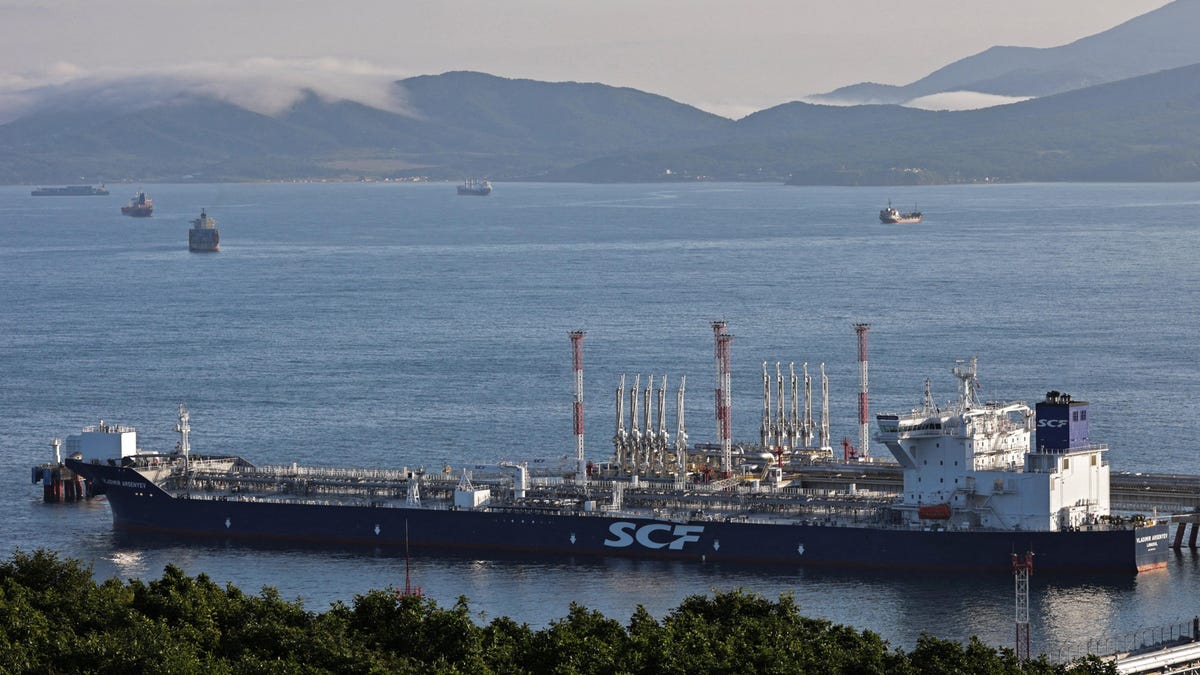Impact of Russia’s Oil Exports on Global Market
Russia, a key player in the global oil market, is reported to have increased its oil exports significantly in recent weeks, reaching nearly 4 million barrels a day. This surge represents the highest level of outgoing Russian oil shipments since May of the previous year. Despite earlier commitments to cut crude oil exports as part of efforts to stabilize global oil prices, Russia has seemingly reversed course by ramping up its exports instead. This unexpected development has raised concerns and questions regarding the country’s adherence to its pledged production cuts.
Russian Economic Dynamics Amidst Geopolitical Tensions
The ongoing conflict in Ukraine has had far-reaching consequences on the Russian economy, impacting both inputs and outputs. While military expenditures have contributed to boosting Russia’s gross domestic product, economic sanctions imposed by various countries have created challenges for non-military businesses and consumers alike. The reliance on oil revenue to maintain economic stability has become increasingly apparent, with energy infrastructure emerging as a primary target for Ukrainian attacks.
The International Monetary Fund has noted the complex economic dynamics at play, as military spending drives economic growth while external pressures strain the nation’s economic resilience. The delicate balance between military ambitions and economic realities underscores the importance of oil exports to Russia’s overall economic strategy.
Shifts in Global Oil Trade Dynamics
With the European Union reducing or renegotiating its purchase agreements for Russian crude oil, other markets have emerged as key players in sustaining Russia’s oil exports. China and India, in particular, have stepped in to increase their purchases of Russian oil, signaling a shift in global oil trade dynamics. Bloomberg’s report indicates that exports to these countries have reached levels not seen since the previous spring, highlighting the evolving landscape of the global oil market and the strategic decisions being made by key players in response to geopolitical tensions.
In conclusion, Russia’s current surge in oil exports and its implications for global oil markets underscore the complex interplay between geopolitical conflicts, economic strategies, and international trade dynamics. The evolving situation highlights the need for continuous monitoring and analysis of global energy trends to assess the broader implications on regional and global economic stability.
Image/Photo credit: source url





